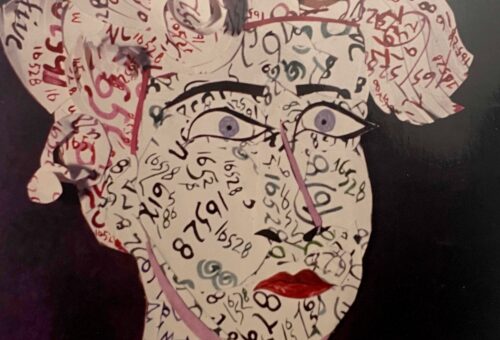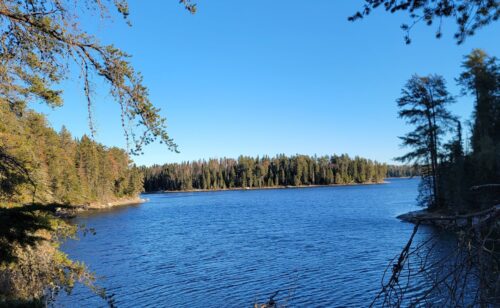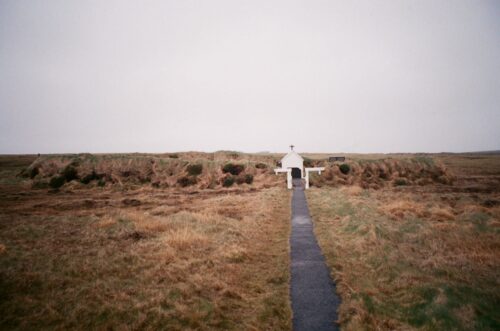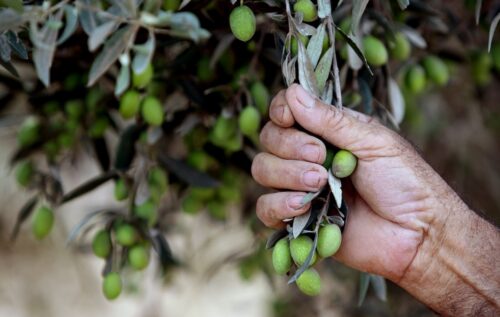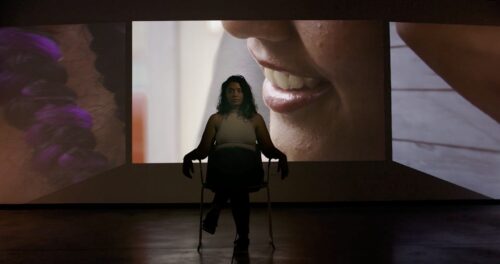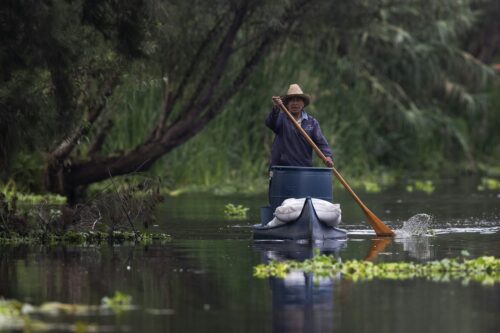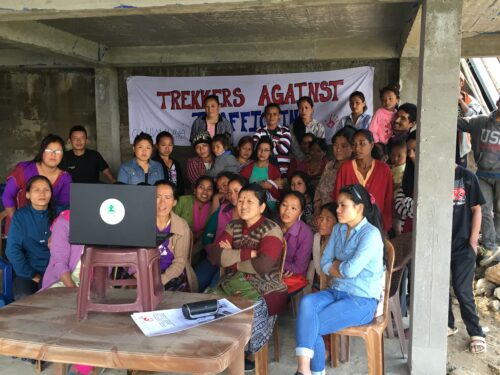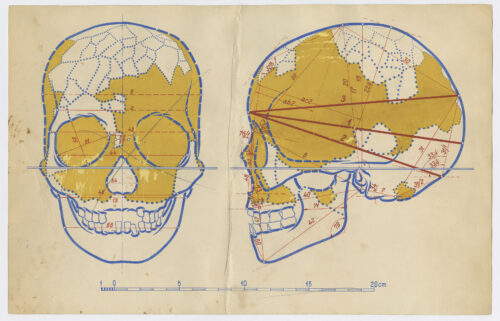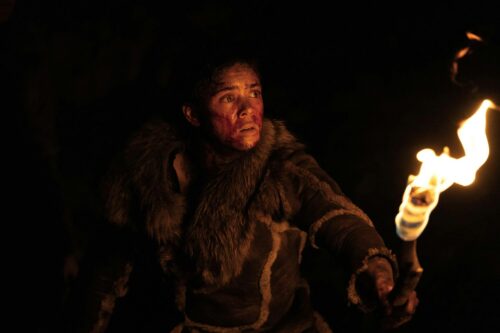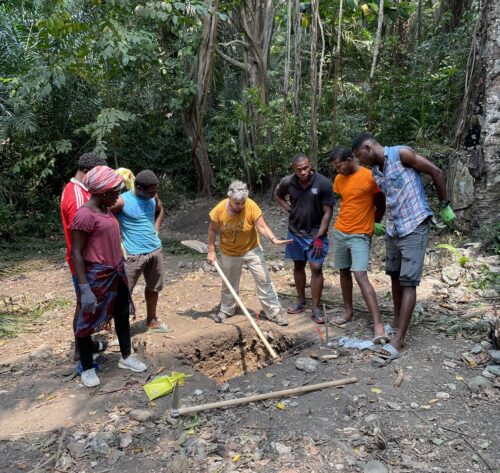Why “We” Isn’t for Everyone

Ask SAPIENS is a series that offers a glimpse into the magazine’s inner workings.
On the face of it, there seems to be no word more inclusive in the English language than the word “we”; surely, it encompasses everyone, embraces everyone, includes everyone. But, ironically, the word is sometimes used in articles in a way that furtively excludes, often revealing an author’s implicit biases. As a result, we editors at SAPIENS (forgive the usage here for a minute) usually try to edit it out.
There are times, of course, when “we” is perfectly fine: most often when it is used to clearly mean either “we the authors of this particular opinion piece” or “we all of humanity.” For example, “We [the co-authors of this op-ed] believe the time has come for change,” or “we [everyone on Earth] need to reduce carbon dioxide emissions quickly.” It is also usually fine if the author spells out specifically who is meant by “we” within the sentence itself, as in “we editors at SAPIENS” in the paragraph above.
But things are often not so clear-cut.
Sometimes the word “we” reveals that the author is only talking about specialists in their own field, as in “we archaeologists who work in South America” or “we cultural anthropologists.” And, so, by simply saying “we” without clarifying the group meant, the author reveals that they are only speaking to those people too. In effect, when used this way, the word “we” shows that the writer is forgetting to communicate to the broader public, who have their own sets of concerns and interests that may differ wildly from the concerns and interests of a specialty group.
As a fun example, take the statement: “When we think of the past, we think of ruins.” That may be true for archaeologists, but the average reader of SAPIENS may think: “Well, I don’t. I think of my childhood or World War II.” Having been excluded from the “we” of the sentence, such readers may stop reading altogether.
Other times, the word “we” reveals an implicit bias toward a certain culture, gender, or social or economic class. “We don’t know how salmon populations have changed on the West Coast” may mean that Western scientists haven’t studied these populations over time, but Indigenous communities of the region may say they have a very firm idea about salmon trends. “We tend to forget about the role that women played in Neanderthal societies” may be true for the dominant male population of archaeologists but not at all true for many female or feminist archaeologists. “We think that people who eat poorly do so out of laziness” may be true for the “we” of wealthy or middle-class Western families but probably untrue for the “we” living below the poverty line, who are firmly aware of the many economic and cultural obstacles to eating well.
At worst, the word “we” is completely ambiguous: “Who do you mean?” the reader asks. The answer may sometimes be one of an increasingly exclusive subset of people: we archaeologists or we U.S. archaeologists or we white U.S. archaeologists or we white, male U.S. archaeologists. Sometimes the question “who?” remains unclarified in the reader’s mind; they are left only with a vague sense of confusion or a sense of being lectured to. They may develop distrust for the author without realizing why.
Provoking the indignant response “speak for yourself!” is rarely the intent of an author, but it’s sometimes the unfortunate effect of a badly deployed “we.”
In many cases, simply replacing the word “we” with a description of the precise group meant helps make the sentence more precise, more accurate, and less exclusive. But the piece may require corrections beyond that. Are the voices being sidelined by the word “we” important to include? If only the evidence of Western science is being considered, is there a good reason why? Should Indigenous perspectives be brought into the piece? Or feminist viewpoints?
For every article, it is important that the authors and editors ask themselves who the article is really about and who it is speaking to. Sometimes, unpacking the use of “we” reveals broader issues that need to be tackled: a point of context that anthropologists might take for granted but the reading public needs to know, or the perspective of an often-neglected community that has been neglected yet again. Interrogating the word “we” often helps to highlight these gaps.
So, if you spot the word in our pieces, I hope it embraces you rather than leaves you out. We all hope for that.
